Although the U.S. Constitution (approved September 17, 1787) contains no direct references to slavery, it includes several indirect references to that “peculiar institution.” The following are the references as well as translations of the legal language.
Article I, Section 2 . . . Representatives and direct Taxes shall be apportioned among the several States which may be included within this Union, according to their respective Numbers, which shall be determined by adding to the whole Number of free Persons, including those bound to Service for a Term of Years, and excluding Indians not taxed, three fifths of all other Persons. . . .
Translation: State representation and taxation will be based on the number of “free Persons” (whites) plus “three fifths of all other Persons” (blacks), implying that blacks are less than full human beings. This passage is generally referred to as the “three-fifths rule.”
The passage was changed by Section 2 of the Fourteenth Amendment (ratified July 9, 1868): “Representatives shall be apportioned among the several States according to their respective numbers, counting the whole number of persons in each State, excluding Indians not taxed.”
Article I, Section 9. The Migration or Importation of such Persons as any of the States now existing shall think proper to admit, shall not be prohibited by the Congress prior to the Year one thousand eight hundred and eight, but a Tax or duty may be imposed on such Importation, not exceeding ten dollars for each Person.
Translation: The “Importation” of certain persons (the slave trade) could be stopped after 1808. After that date, Congress could place a tax on anyone brought into the United States as a slave. This passage had a horrific impact on enslaved Africans, because slave traders would sometimes dispose of their “cargo” to avoid paying taxes.
Article IV, Section 2 . . . No Person held to Service or Labour in one State, under the Laws thereof, escaping into another, shall, in Consequence of any Law or Regulation therein, be discharged from such Service or Labour, but shall be delivered up on Claim of the Party to whom such Service or Labour may be due.
Translation: Anyone escaping from bondage into another state would be returned to his or her “owner.” Before this law was passed, slaves were free if they could escape from a “slave” state to a “free” state. After the law was passed, enslaved blacks had to escape to Canada or Mexico to secure their freedom.
This passage was changed by Section 1 of the Thirteenth Amendment (ratified December 6, 1865): “Neither slavery nor involuntary servitude, except as a punishment for crime whereof the party shall have been duly convicted, shall exist within the United States, or any place subject to their jurisdiction.”
In addition, amendments to the Constitution were required to enable blacks to serve in the U.S. Armed Forces, to integrate schools and other public facilities, and to enable blacks to exercise their right to vote. Clearly, then, the phrase “all men are created equal” did not apply to blacks, because the “founding fathers” perceived them as being less than human.
Information From http://www.cliffsnotes.com/literature/i/incidents-in-the-life-of-a-slave-girl/critical-essays/we-the-people—-slavery-and-the-us-constitution







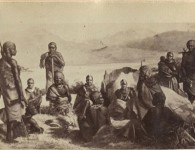

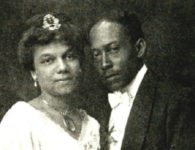
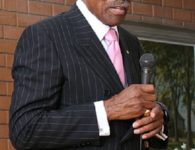







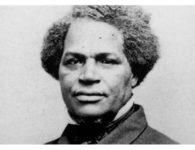

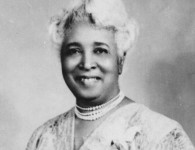

No comments